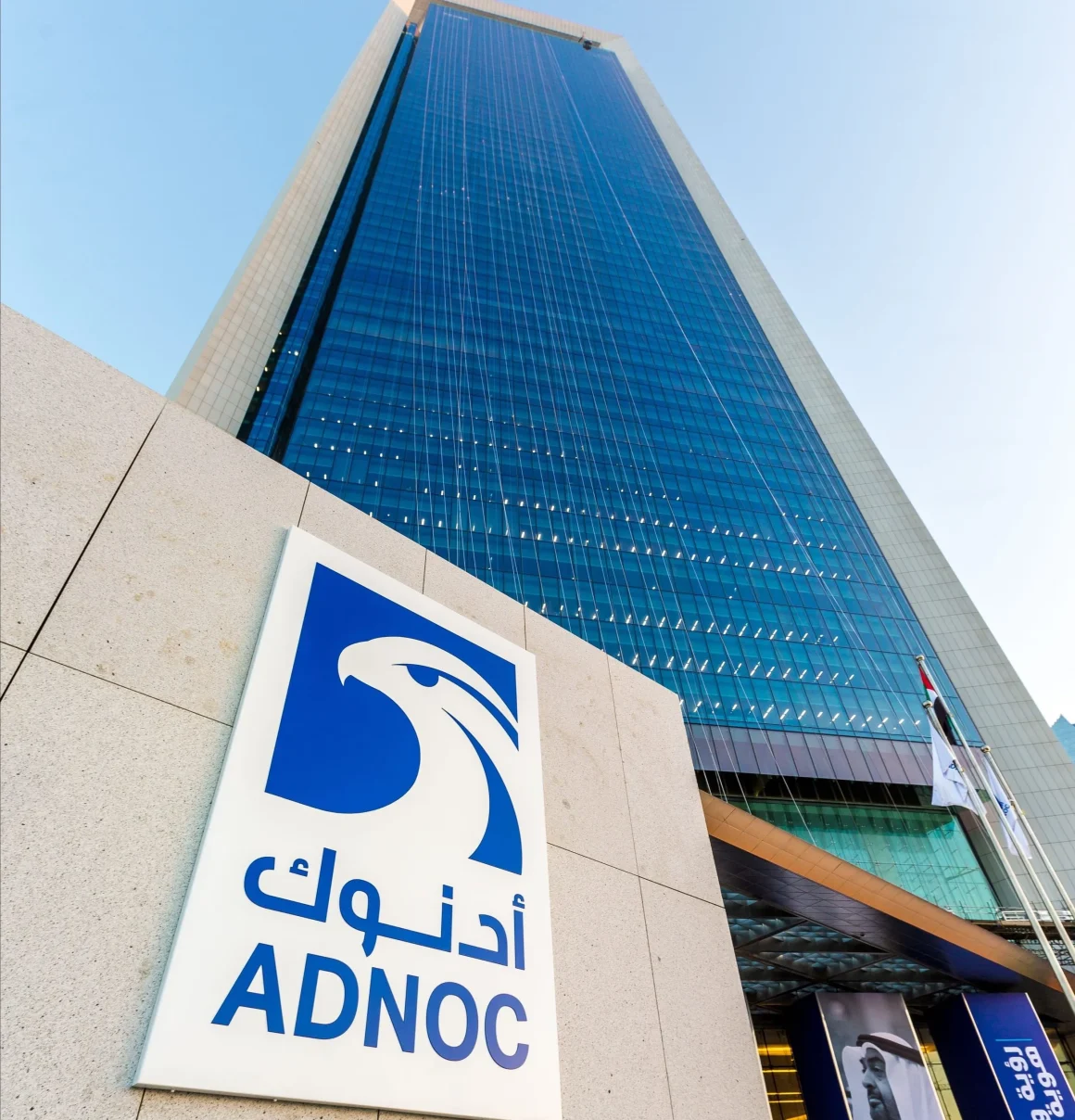A report by Energy Intelligence published yesterday said that Abu Dhabi’s state energy players, led by Abu Dhabi National Oil Co. (ADNOC) and renewables firm Masdar, have spent billions internationally in 2024 — and the investment drive is far from over.
“While timelines for further deals aren’t clear, ADNOC continues to look out for opportunities across the globe, including in LNG, low-carbon hydrogen and chemicals,” said the report citing sources familiar with the matter as saying.
Masdar, the report continues, is expected to “keep investing globally to support growth plans aimed at meeting its self-declared target of reaching 100 gigawatts of renewable energy capacity by the end of the decade. The investments are part of a broader strategy to position Abu Dhabi — and the United Arab Emirates at large — for the post-fossil-fuel era by pursuing greater economic diversification and reducing reliance on hydrocarbons.”
“This year alone, ADNOC announced three major overseas investments in LNG and low-carbon ammonia, started multibillion-dollar takeover talks in a German specialty chemicals firm and completed an acquisition in the fertiliser space. This followed last year’s first international upstream deal — the purchase of a 30% stake in Azerbaijan’s Absheron gas field — and the 10% equity purchase in UK carbon capture and storage specialist Storegga. Prior to those deals, ADNOC had made just one international investment, in 2019, with the purchase of a 10% stake in Netherlands-headquartered storage and terminals firm VTTI, which has operations in Fujairah of the UAE.”
The report noted that ADNOC’s investment drive has transformed the company from a conservatively managed, inward-looking national oil company into an international energy player. “The company has focused on future-proofing its business as it has sought to diversify its portfolio across the chemicals, gas and LNG sectors. It has added value to the UAE’s hydrocarbon resources by locking in long-term demand for its feedstock from refiners and petrochemical players. It is now positioned to be a key supplier of fertilisers, gas and, in the future, clean fuels such as low-carbon hydrogen. The strategy has put both ADNOC and the UAE into a more competitive position by ensuring that their hydrocarbon resources remain relevant and profitable for years to come, even as global decarbonization efforts intensify.”
Masdar, added the report, has also been “busy on the international stage, pursuing billions of dollars’ worth of global investments this year with no sign of slowing down. The clean energy firm has announced four deals so far in 2024 for renewable power assets in the US, Greece and Spain. Masdar has expanded its global footprint to some 40 countries across Africa, Europe, North America and the Asia-Pacific region, investing in solar photovoltaic, concentrated solar power, waste-to-energy, onshore and offshore wind and battery storage. Masdar — owned by ADNOC, state investor Mubadala and Abu Dhabi National Energy Co. (TAQA) — has seen its installed and in-development renewable power capacity surge in recent years, presently standing at around 31.5 GW, through both organic growth and M&A. It is also seeking to establish itself as a leading player in green hydrogen, a sector that’s still in its infancy and requires supportive industrial policy to become more competitive. What’s clear is that Masdar’s international investments have been another tool with which Abu Dhabi can build out its global influence.”
The report noted that through ADNOC, Masdar and other state and quasi-state-owned entities, “the UAE wants to position itself as a key energy supplier and partner in global trade, supply chains and related logistics and infrastructure.”

